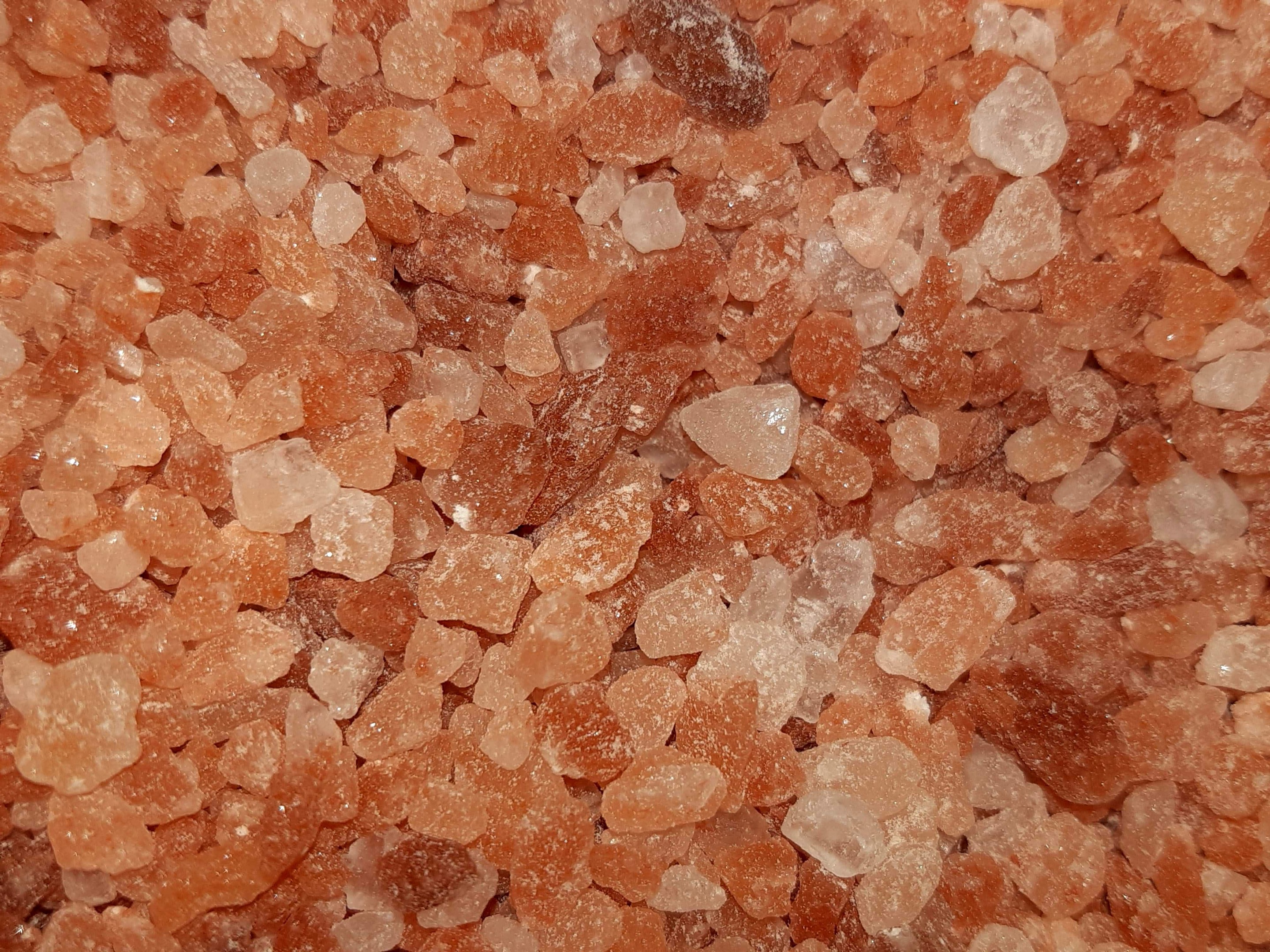https://files.peakd.com/file/peakd-hive/minismallholding/TldpTLnt-20200701_201857.jpg
It's common knowledge these days that too much salt in your diet isn't good for you. Our doctors and a lot of literature warn us that it can cause high blood pressure (hypertension), which could lead to a heart attack. In fact it can cause many more problems than that and with our modern, fast food, ready meal diets, high salt is certainly a concern. However, swing too far the other way and you could start experiencing the symptoms of hyponatremia, or low sodium. Salt is actually vital to our health and regulates the water in our bodies. That fact that we like the taste of it in our food so much is a natural survival instinct, which has, unfortunately, become a potential problem for us now it is so easily available. However, it is worth remembering that it is mostly only going to be a problem if you're eating a diet high in processed foods. If you eat a healthier diet, with mostly home prepared meals, then there is a chance you might actually need to add a bit more salt into your diet.

There are two main ways that our bodies excrete salts and it's via fluids; namely urination and perspiration *that's sweating and peeing, to me and you.* So, as you can probably imagine, a hot environment can cause low sodium. We might remember to drink plenty of fluids when it's hot, water being deemed the most important, but we don't always think to replenish the salts being flushed out with it as we sweat. Living in England for most of my life, it was never even something that crossed my mind, but since moving to South Australia it's become something to be reckoned with. Again, not so much when we were still eating ready prepared meals and takeouts, but as I've moved over to cooking at home more, I'm often surprised at how much salt goes into a meal in order for us to be able to taste it. It also makes sense to me now why traditional foods from hot countries, *Mexican and Indian for example,* are highly flavoured and salted. Over the last half a year and more, I've been getting bad headaches which usually last for a day and a half and come as often as once a week. Quite often I'll feel nauseous as well, but can still eat. Sometimes I'll start to feel better after eating and recently I've started to realise that I'm craving salty foods when I feel this way. So after a long time grasping at different reasons as to why these headaches might be happening, I finally looked up the symptoms of low sodium. • Nausea and vomiting • Headache • Confusion • Loss of energy, drowsiness and fatigue • Restlessness and irritability • Muscle weakness, spasms or cramps • Seizures • Coma There it is! In fact, apart from the seizures and coma, they were all looking a little familiar. While I've been cooking more at home for a few years, looking back, I realise a few other things have changed recently. I've been detoxing when I can, which is causing me to empty my bladder more than usual. It's common knowledge that dehydration can cause headaches, so we in turn drink more, without realising that salt helps us to retain hydration and without it we may merely be flushing water straight through wig little benefit. My question now is, how do I add more salt to my diet in a healthy way? First it's worth mentioning that not all salt is equal. Much of the salt already in prepared foods is refined and has additives such as anti-caking agents. It's why I often buy salt free products and add salt at home. My preference is to use a salt mill for sea salt or Himalayan salt crystals, because these haven't been refined. My main hurdle is likely a psychological one. Having spent so many years hearing and reading that we need to cut down on dietary salt, it's hard to reconcile that it's okay to add salt to my cooking. So when I under salt something, I then tell myself it's okay because we're not meant to have too much salt anyway and avoid adding any on the plate. Perhaps my first step should be to make sure I'm tasting as I cook so that I add enough. *On occasion I've also over salted food, so tasting should help avoid that issue too.* There are also other minerals which help to balance your electrolyte retention, in particular potassium, so maybe I should make sure I'm including foods rich in that. I haven't eaten bananas or sweet potatoes for a while now, come to think of it.
~○♤○~
*Sources and further reading:* https://www.mayoclinic.org/diseases-conditions/hyponatremia/symptoms-causes/syc-20373711 https://www.drnorthrup.com/why-you-need-salt-in-your-diet/ *Image courtesy of @izzydawn*

Originally posted here: https://hive.blog/hive-120078/@minismallholding/needing-that-salty-goodness

No comments:
Post a Comment